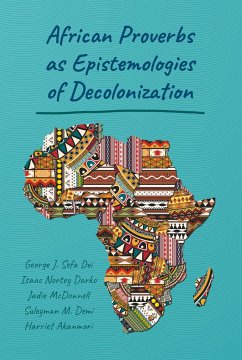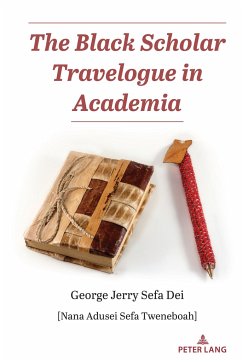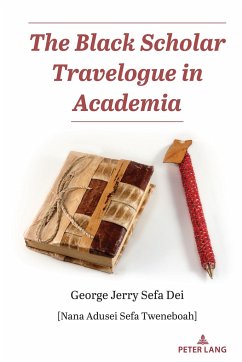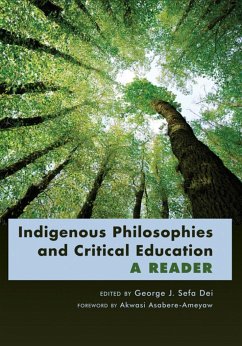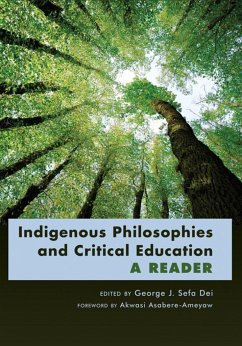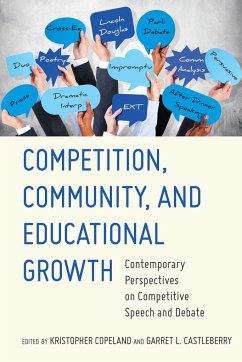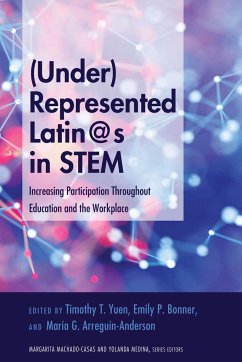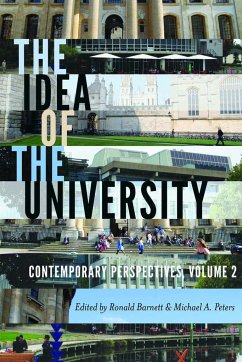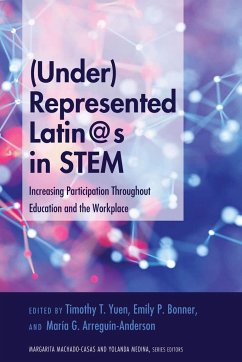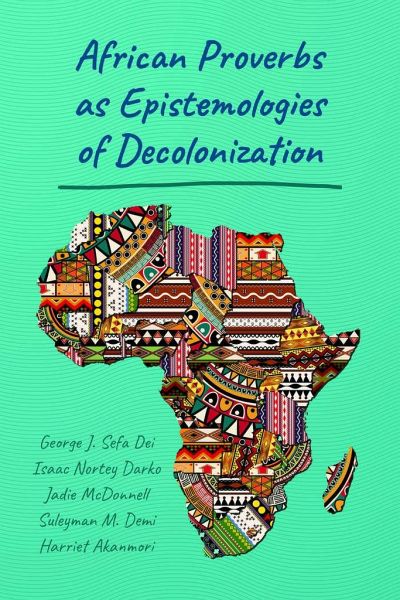
African Proverbs as Epistemologies of Decolonization
Versandkostenfrei!
Versandfertig in 6-10 Tagen
68,70 €
inkl. MwSt.
Weitere Ausgaben:

PAYBACK Punkte
0 °P sammeln!
African Proverbs as Epistemologies of Decolonization calls for a rethinking of education by engaging African proverbs as valuable and salient epistemologies for contemporary times. The book addresses the pedagogic, instructional, and communicative relevance of African proverbs for decolonizing schooling and education in pluralistic contexts by questioning the instructional, pedagogic, and communications lessons of these proverbs and how they can be employed in the education of contemporary youth. It presents a critical discursive analysis of proverbs from selected African contexts, highlightin...
African Proverbs as Epistemologies of Decolonization calls for a rethinking of education by engaging African proverbs as valuable and salient epistemologies for contemporary times. The book addresses the pedagogic, instructional, and communicative relevance of African proverbs for decolonizing schooling and education in pluralistic contexts by questioning the instructional, pedagogic, and communications lessons of these proverbs and how they can be employed in the education of contemporary youth. It presents a critical discursive analysis of proverbs from selected African contexts, highlighting the underlying knowledge base that informs these cultural expressions. Explore alongside the book the ways in which these Indigenous teachings can be engaged by schools and educators to further the objective of decolonizing education by providing a framework for character education. This character-based framework equips the learner to be knowledgeable about power, equity, ethics and morality, and to develop a conscience for social responsibility, as well as to embrace traditional notions of self-discipline, probity, and hard work. This text goes beyond the mere documentation of proverbs to tease out how embedded knowledge and cultural referents in these knowledge bases and systems are critical for transforming education for young learners today.





